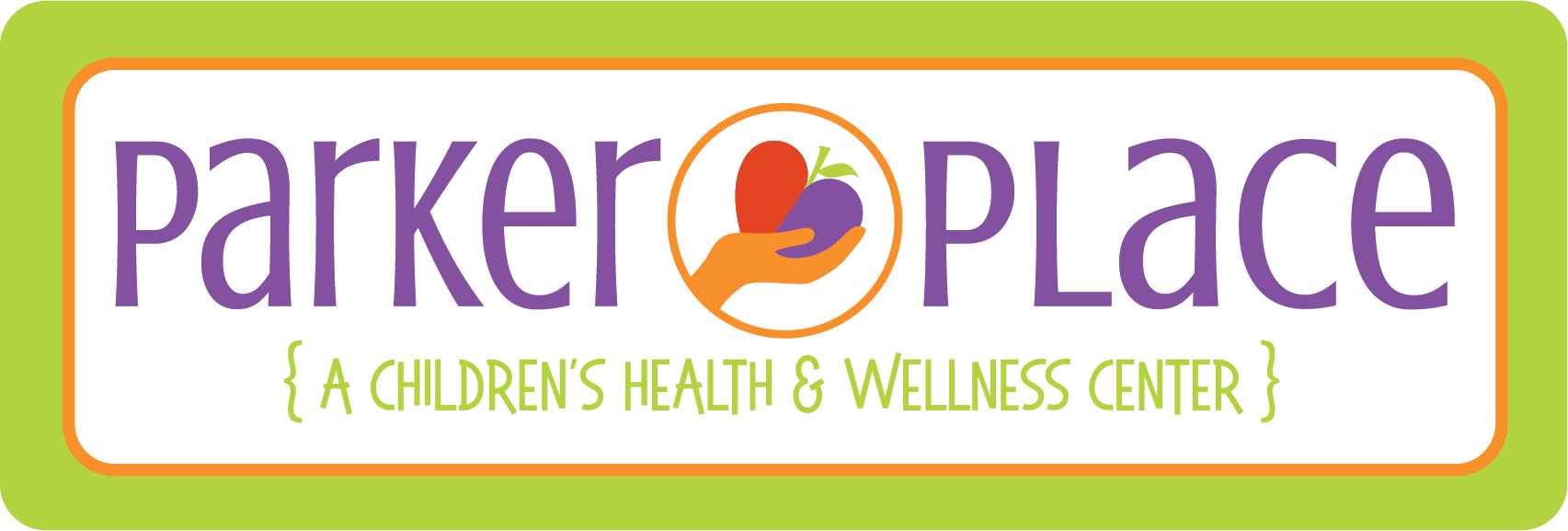IADLS
Instrumental Activities of Daily Living (IADLs) are activities that support daily life within the home and community such as meal preparation, financial management and community mobility. Does your child have difficulty performing these high complexity tasks or do they get easily stressed when planning to complete these tasks? If so, read more about how OTs can help your child enhance their confidence in performing their IADLs:
FOR YOUNGER CHILDREN
Meal preparation:
Involve your child in all aspects of meal preparation to make them feel involved (i.e grocery shopping, setting the table, collecting ingredients)
Monitor any chopping/cutting of ingredients for safety or educate the family on use of adapted utensils
Home management:
Create a chore chart and allow your child to select a reward for completing all chores to the set expectation (i.e., making the bed or taking out the trash)
Trial the chore chart with the expectation of completing chores 3 out of 7 days at first and work their way up to 7 out of 7 days
Care of pets:
Increase the level of responsibility the child takes in caring for the pet
Ask the child to pour the cup of food into the food bowl
Ask the child to monitor levels of water to ensure pets always has water to drink
Encourage the child to go on walks/play with the pet to increase physical activity
Grocery shopping:
Allow your child to select one item of their choice from the grocery store
Involve your child in selecting vegetables/fruits from the store
FOR OLDER CHILDREN
Meal preparation:
Find basic 10-step recipe that a child can independently follow
Collaborate with your child on how to locate, purchase, and organize ingredients
Ensure your child feels comfortable with using an oven/stovetop to cook
Home management:
Collaborate with your child to create a weekly schedule outlining the days larger chores will be completed (i.e., vacuuming, grocery shopping, laundry) to avoid stress and manage time appropriately
Financial management:
Collaborate with your child on how to create a monthly budget for groceries, leisure activities, school supplies, etc. to reduce stress
Practice writing checks, sorting bills, filling out bank statements with the child
Driving:
Practice finding bus schedules and time management for using public transportation to ensure your child can get around the community if they do not have a car
Assess for any barriers to safe driving (i.e., auditory stimuli, positioning, anxiety, vision, difficulty) and strategize how to eliminate barriers
Refer to a driving readiness and rehabilitation program if there are physical limitations to driving

